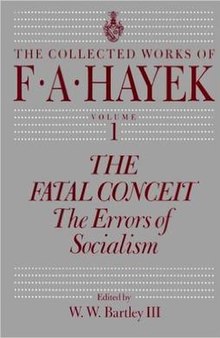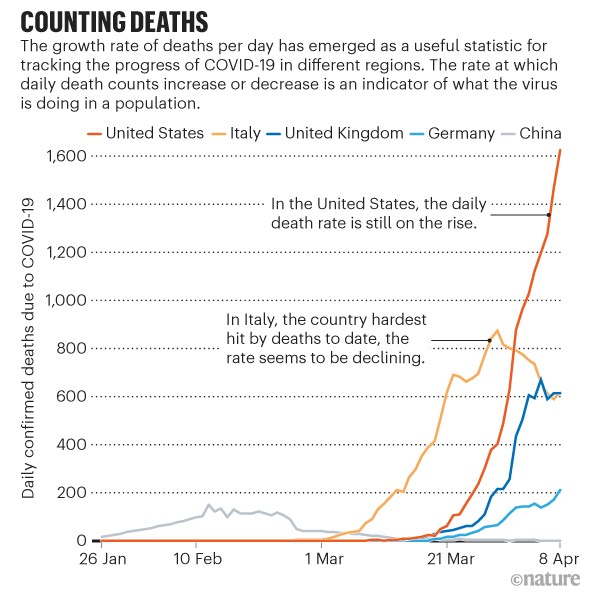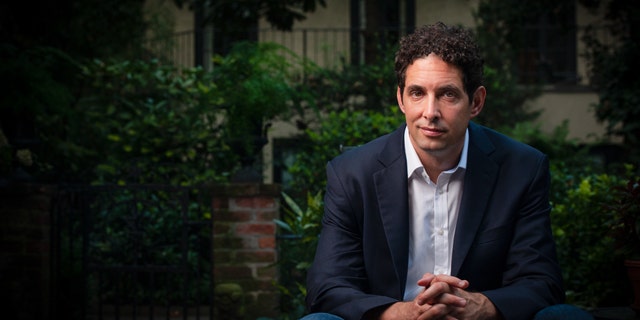The knowledge that plays probably the chief role in this differentiation [Wilhelm von Humboldt's "human development in its richest form"] - far from being the knowledge of any one human being, let alone that of a directing superbrain - arises in a process of experimental interaction of widely dispersed, different and even conflicting beliefs of millions of communicating individuals. The increasing intelligence shown by man, accordingly, due not so much to increases in the several knowledge of individuals but to procedures for combining different and scattered information which, in turn, generate order and enhance productivity.
Thus the development of variety is an important part of cultural evolution, and a great part of an individual's value to others is due to his differences from them. The importance and value of order will grow with the variety of the elements, while greater order in turn enhances the value of variety, and thus the order of human cooperation becomes indefinitely extensible. If things were otherwise, if for example all men were alike and could not make themselves different from one another, there would be little point in division of labour..., little advantage from coordinating efforts, and little prospect of creating order of any power or magnitude.
~ Friedrich Hayek,
The Fatal Conceit, Chapter 5: "The Fatal Conceit"


















